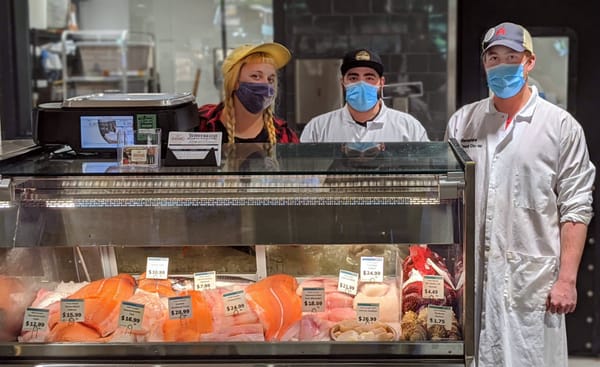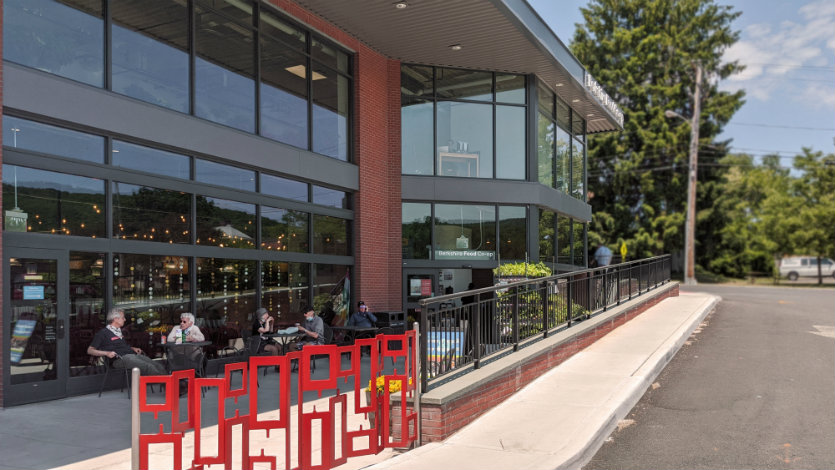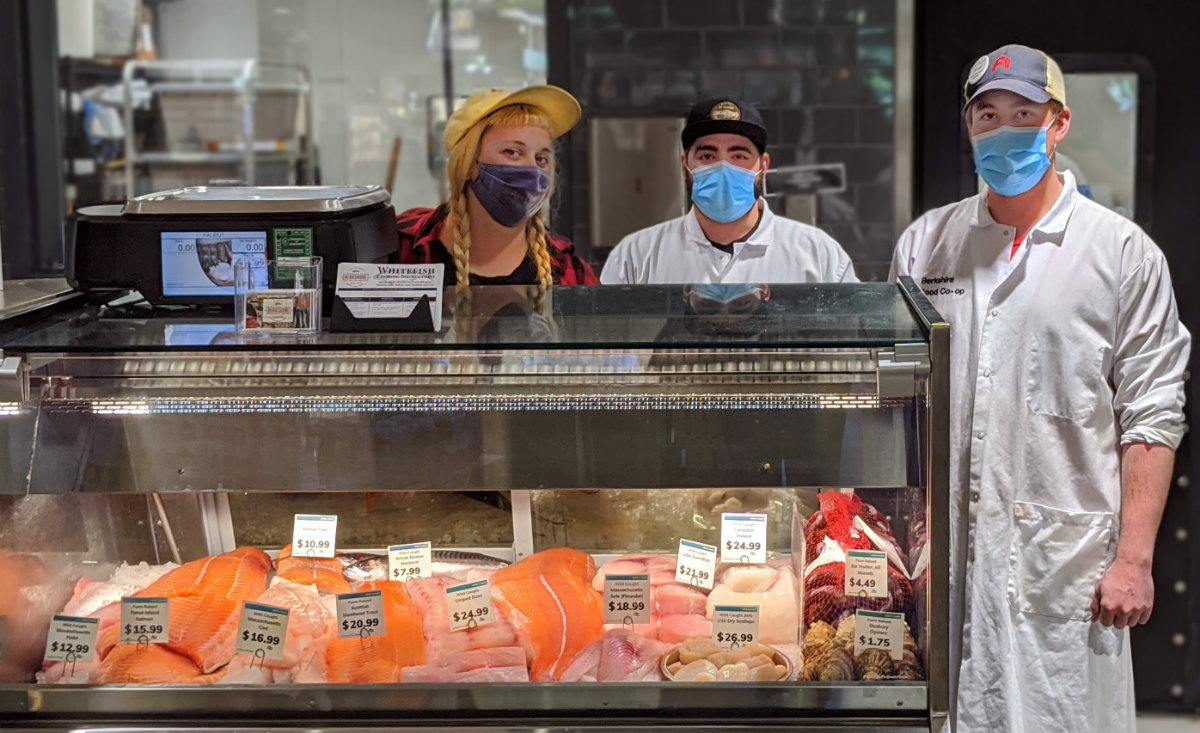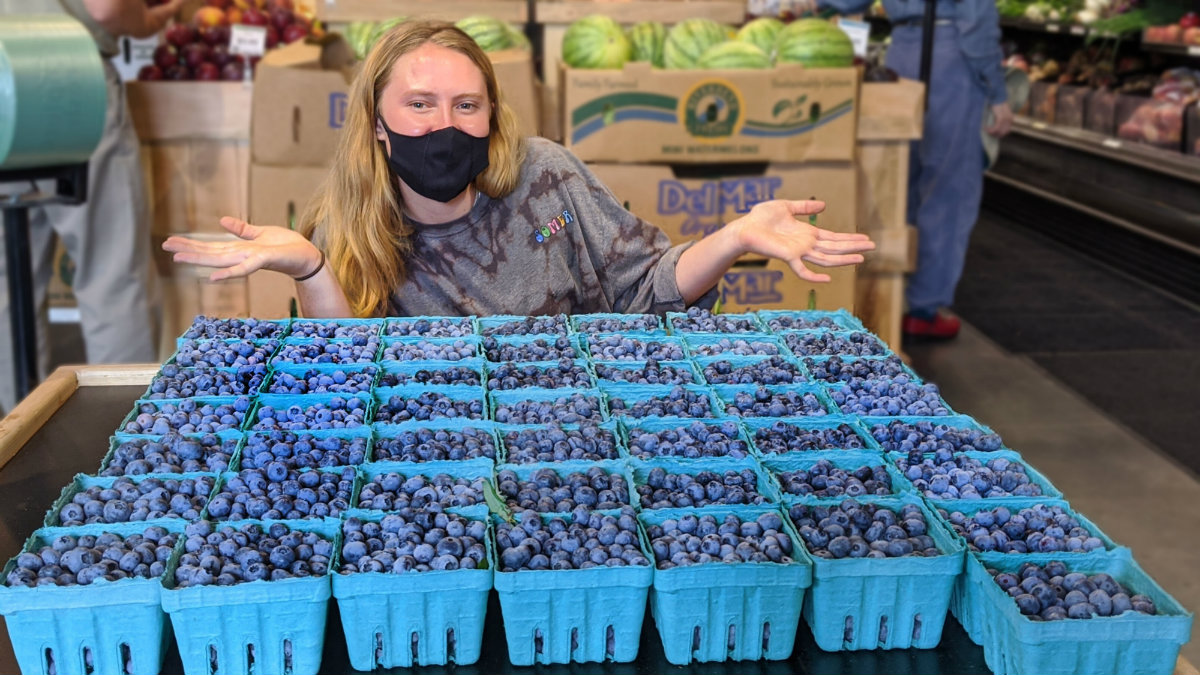Sponsored: The Co-op Way — How Berkshire Food Co-op Supports Community Building, Sustainable Living, and More
There are benefits to membership at the Berkshire Food Co-op that you don't get at a corporate-owned supermarket.

There are benefits to membership at the Berkshire Food Co-op that you don't get at a corporate-owned supermarket.

There’s no denying that the pandemic has fundamentally reshaped our relationship with food. Whether it’s keeping your pantry stockpiled, increasing your visits to the farmers market, or investigating the labor practices behind the items you buy, the last six months have pushed us all to think more critically about what makes its way into our kitchens.
“We’ve definitely seen a huge increase in ownership since March,” says Devorah Sawyer, Marketing Manager at Berkshire Food Co-op in Great Barrington. “People are starting to realize the importance of keeping your money in the community, and the value in the relationship you can have with where you’re shopping and the impact your dollars can have.”

While the growth is no doubt spurred in part by the influx of new full-time residents to the region, Berkshire Food Co-op provides the kind of opportunity for direct, positive impact that many people are looking for right now.
That’s because in contrast to a grocery store owned by a corporation the Co-op is owned by its members who invest in the business through the purchase of a share. In return for their investment, owners receive an array of benefits like quarterly discounts on purchases, dividends proportional to yearly purchases, and access to the Co-op’s Buying Club for items not even available in-store.
Since its founding in 1981, Berkshire Food Co-op has been committed to providing local and sustainable food at accessible prices for anyone who wants to shop there—owners and non-owners alike. In addition to the seven internationally recognized principles of cooperative ownership, Berkshire Food Co-op is governed by its 4,200 owners and an owner-led board of directors who have a say in big-picture operations.
In addition to its focus on local food, the Co-op’s role in creating community is especially important. Over the years, the Co-op has introduced cooking and food education classes, tours of local farms who supply the Co-op with food, a friendsgiving event, a monthly open mic night, and has acted as a community space for a local chapter of Green Drinks. Owners also vote for a new recipient for the Co-op’s Round Up for Change program, which benefits a different local organization each month. And since the pandemic began, the Co-op has responded to community needs by launching free curbside pickup and pivoting the hot bar to a full-service version in addition to the Cafe and prepared foods already offered.
“The Co-op started with a small group of families who decided they needed to make access to healthy food easier for their community,” says Sawyer. “From the ground up, this place has been built by the people who own it.”
This content is made possible by our sponsor. It does not necessarily reflect the attitude, views, or opinions of the Rural Intelligence editorial staff.

